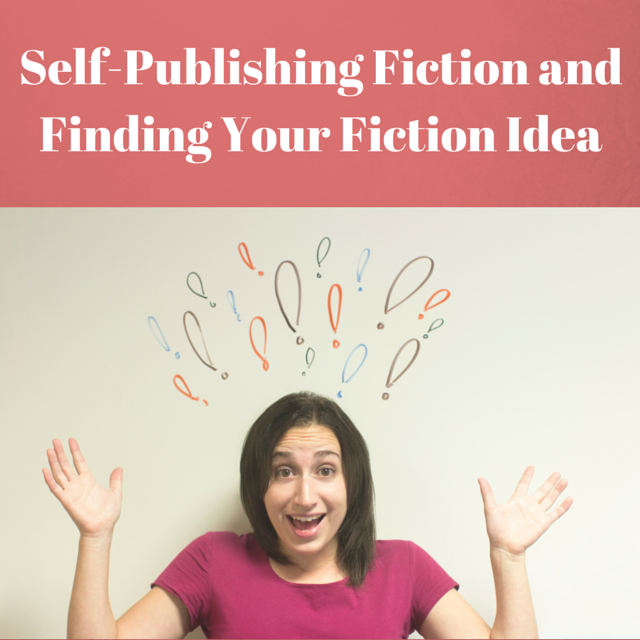Self-publishing has never been so dynamic. It’s a continually evolving industry. People are reading more now than ever before and it’s never been easier to publish a successful book.
Digital publishing paved the way. However, now you can print your books and sell them at major retailers like Amazon and Barnes & Noble. Here are a few examples of the success that’s possible with self-publishing:
- Amanda Hocking wrote 17 novels while working full time. She self-published all of them as e-books and sold more than a million copies.
- Erika Leonard (E.L. James) sold more than 70 million copies of her “Fifty Shades” trilogy worldwide. She also sold the movie rights to her book, increasing her sales and profits.
- Romance author, Barbara Freethy has sold more than 2,000,000 books, writing about the Callaway family.
- And another romance author, Bella Andre has sold more than a million copies of her novels about the Sullivan family.
What about you? Are you the next big self-publishing success story?
According to the New York Times 81 percent of people say that they have at least one book in them. It’s quite likely that you have a story idea that you’ve been considering for a while, maybe years. Well now is the time to write that story and publish it. With a little planning and preparation, you can profit from your imagination.
Who knows? You may be the next self-published author to make it big, see your novel purchased by mainstream publishers, and turned into a movie! Sounds pretty fun, right?
In the coming weeks we will discuss:
- How Do You Get Started With Your Story Idea?
- How to Plan Your Writing
- Finding Support For Your Writing Goals
- Your Author Platform: Finding Your Audience
- Your First Draft Is Cruddy and What You Can Do To Fix It
- How To Polish Your Book – And Why it Matters
- Your Book is Ready to Launch!
Finding Your Fiction Idea
Most aspiring writers have a genre in mind before they begin writing. You know what you enjoy reading and where your imagination takes you. If you don’t have a genre in mind just yet, here are some to consider:
- Crime/Detective
- Children’s
- Young Adult
- Literary Fiction
- Fantasy and Urban Fantasy
- Horror
- Romance
- Mystery
- Poetry
- Science fiction
- Suspense/Thriller
- Western
Each of these genres can have a subgenre. For example, there are young adult Fantasy books and romance stories that are set in the Wild West. There are literary fiction novels that are suspenseful, set in the past, or contemporary.
Why is choosing a genre important?
Your genre is important because readers tend to stick to their genre. For example, romance readers read romance and horror fans read horror. This loyalty gives you an opportunity to learn about your readers and write specifically for them. Also, by choosing a genre you can study similar books and look for patterns and rules.
For example, did you know that in a mystery you are supposed to introduce the villain in the first thirty pages? In a romance, the hero and heroine have to meet in the first three chapters or thirty pages.
If you have a story idea, that’s fantastic. What genre is it in? Where does it fit? Not sure? Head to the bookstore and start reading the back of books in a few genres that you are considering. Look for concepts that match your own. That’s your genre.
What if you don’t have a story idea?
For a writer, there’s nothing more common or frustrating than sitting down to a computer only to stare at a blank page. Welcome to the world of writing! If you don’t have a story idea, don’t worry about it. An idea will come to you. Here are a few fun ways to find inspiration:
- Read Fiction – Some of the best ideas have been inspired by reading fiction or something from a favorite genre.
- Leverage writing prompts – the internet is packed with writing prompts and books about these helpful little starter ideas.
- Play “what if” – Start with a tiny idea. For example, a woman is driving down the street. Now ask yourself what if. What if she gets into an accident? What if there’s a man in the back of her car? What if she sees something she’s not supposed to? This “game” can help create exciting plots.
- Start writing longhand – Sometimes the computer screen can feel daunting. Grab a pencil and a notebook and start writing whatever comes to mind. You might end up journaling a bit, as you write, that’s okay. You might also find creative inspiration.
Next week we will discuss how to get started with your story idea.
Do you have a book within you?

